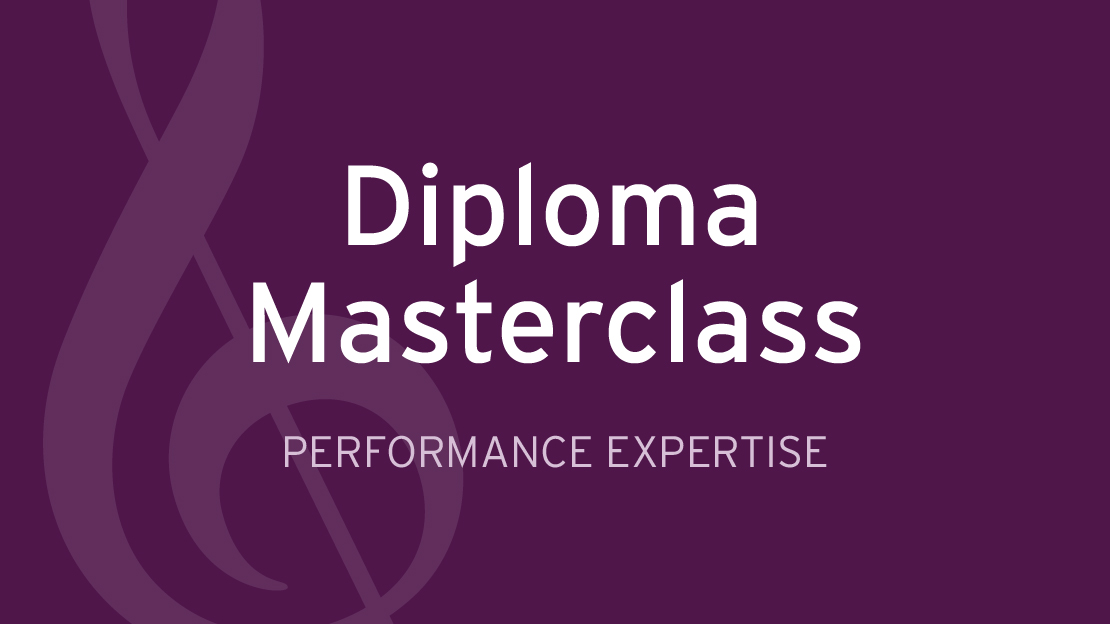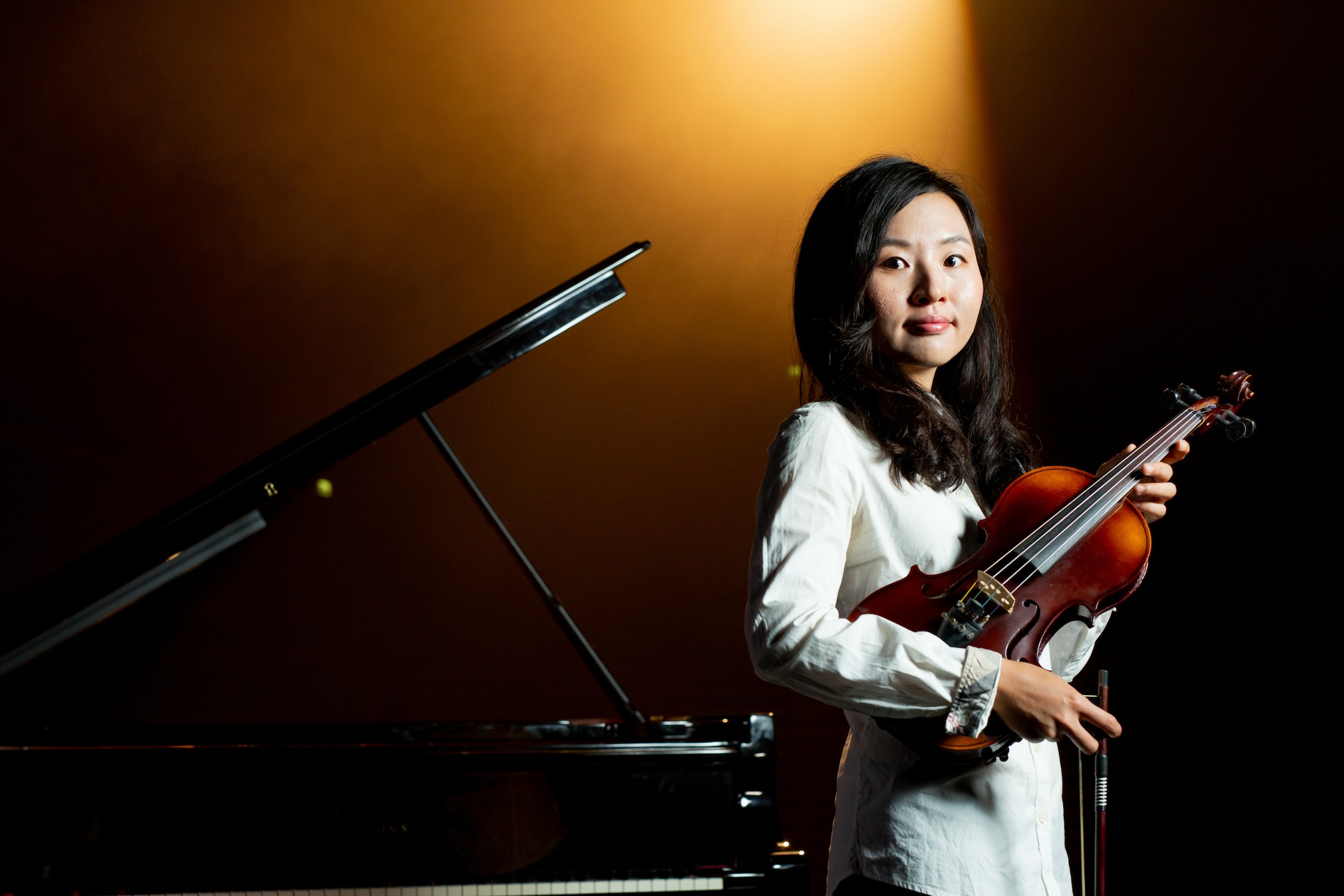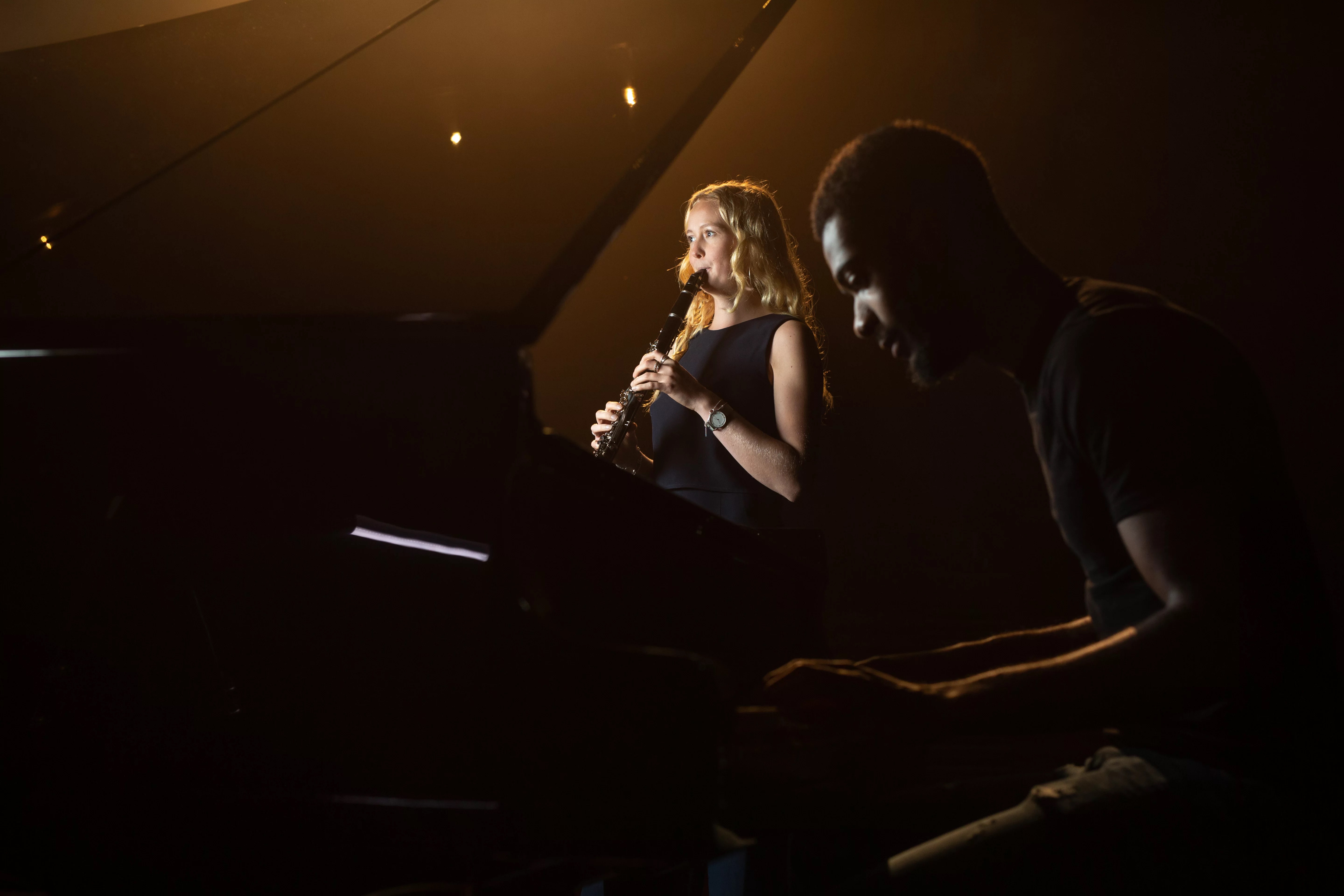Diploma Masterclass: An Opportunity to Showcase your Skills and Strengths.
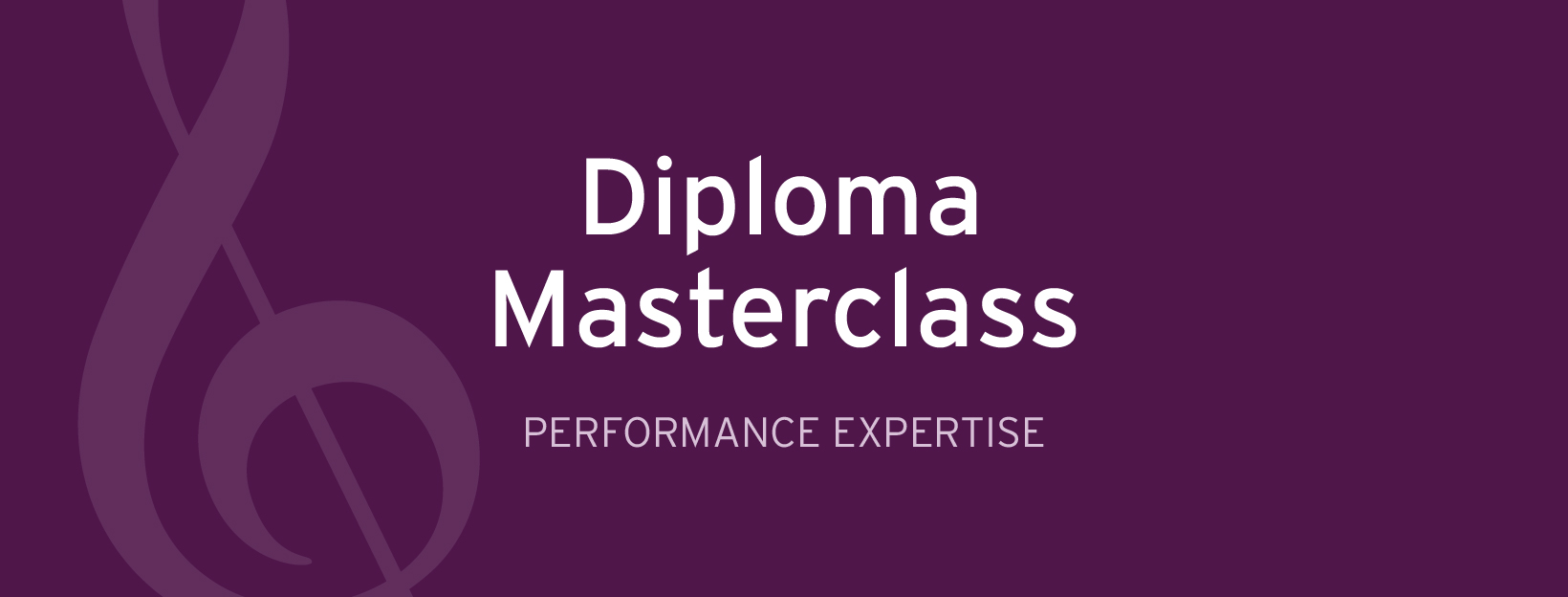
Trinity Performance Diplomas: An Opportunity to Showcase Your Skills and Strengths — Dr. Karl Lo
In the field of performing arts, a music recital is where the performer engages in an expressive interaction with the audience and communicates through beautiful sounds. For all prospective Performance Diploma candidates, this is a wonderful opportunity to share your musical expressivities and showcase your well-honed skills!
Repertoire selection: pick the pieces that you feel comfortable, both in technique and musicality
The newly updated 2019 Performance Diplomas syllabus now contains an even greater selection of repertoire to suit your preferences. In preparation, it is very important to choose the pieces that you enjoy playing and feel natural while expressing yourself. There is no reason to tackle works that are far beyond your reach. Although many candidates will perform works from each of the four historical periods, be sure to include a variety of styles and emotional contents. An effective recital programme should feature contrasts of lyricism and drama, as well as serenity and virtuosity.
Preparation: accuracy is just the beginning
Once you have decided on your programme, the preparation process can soon begin. After months of hard work, you have now reached a point where the pieces can be performed accurately and reliably. What’s next?
Many reputable editions include authentic markings such as tempo, dynamics, articulation, and expressive terminologies in the music itself. When studying these details, it is crucial to think and investigate beyond the obvious answers. For example, is your choice of tempo appropriate for the character of the piece? In a passage marked ff, does the emotional content suggest excitement or anger? Have you tried to imagine the choreography of a waltz based on the slurs and accents? What is the historical context in which the work was composed?
Performance: an occasion for sharing
The big day has come! I am certain that all candidates will try their absolute best in expressing their hearts and demonstrating their prowess. For those who may get a bit nervous… don’t worry! Playing music is like sharing your thoughts and feelings, and the audience will appreciate your sincerity and efforts. Keep in mind that the performance venue can be very different from the practice environment in terms of acoustics, lighting, and the response of the instrument. If possible, always try out the space ahead of time so you can become familiarised with it. Once on stage, simply “sit back, relax, and enjoy yourself!” 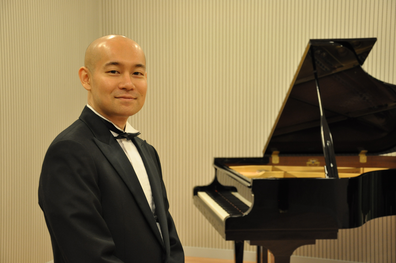
Karl Lo was a former faculty member at the Cleveland Institute of Music. His inspiring approach to lecturing has earned him the nomination for the prestigious 2008 Carl F. Wittke Award for teaching excellence. He currently serves as a regional consultant for Trinity College London and is now teaching at the Hong Kong Baptist University and the Hong Kong Academy for Performing Arts.
